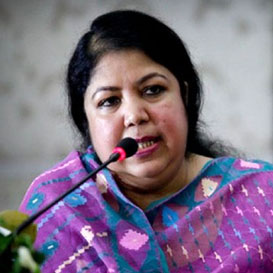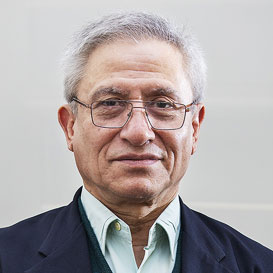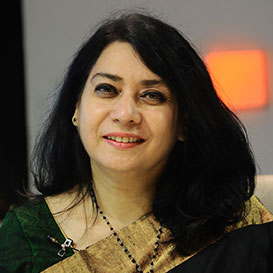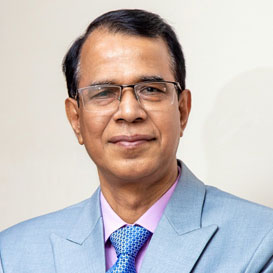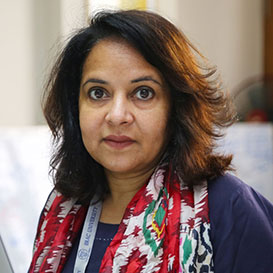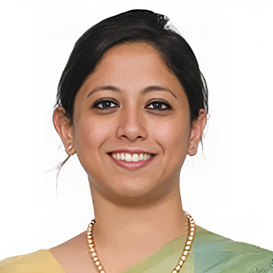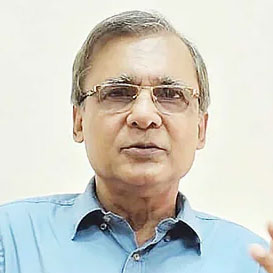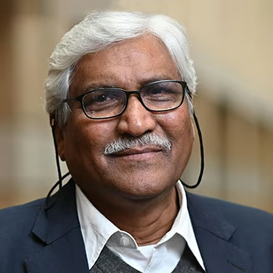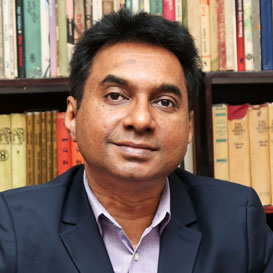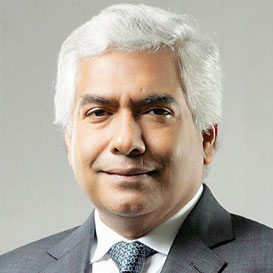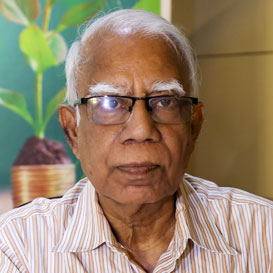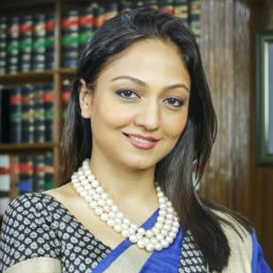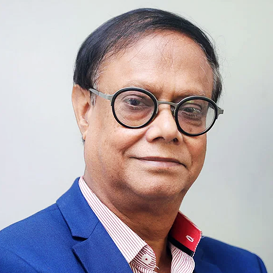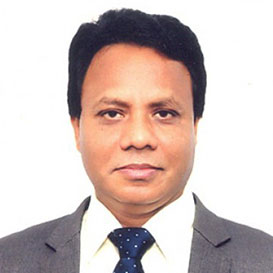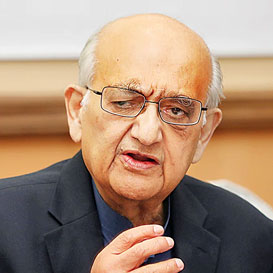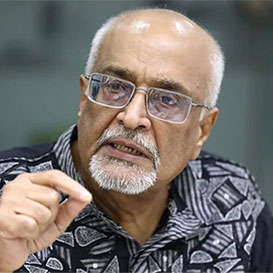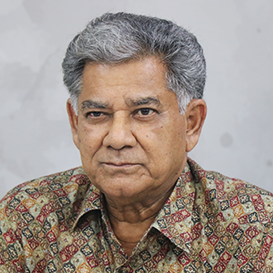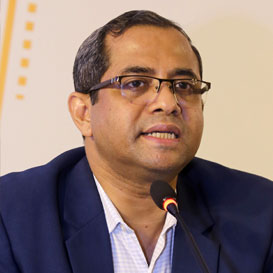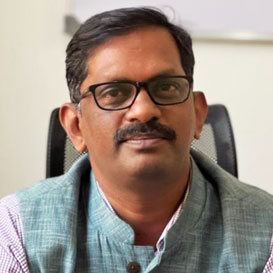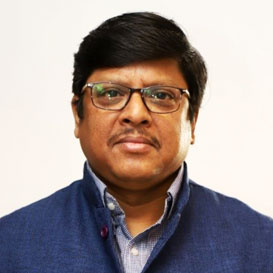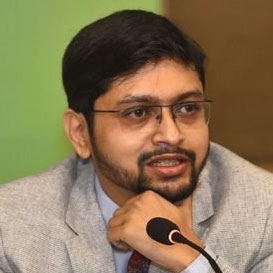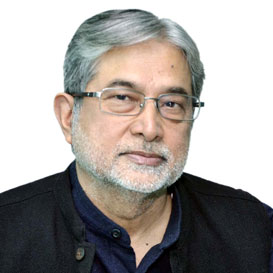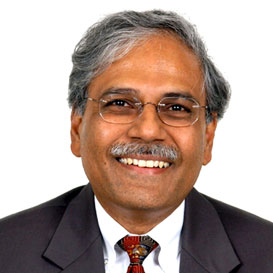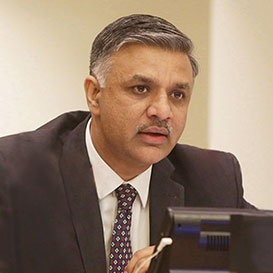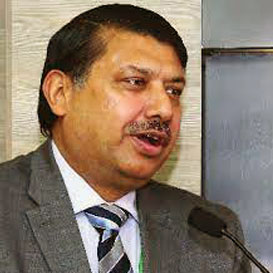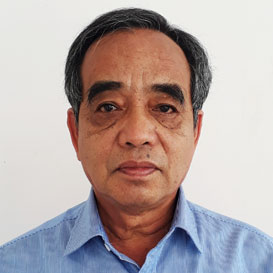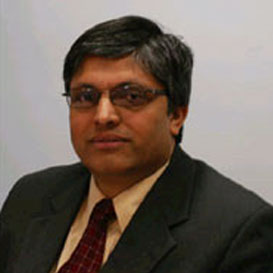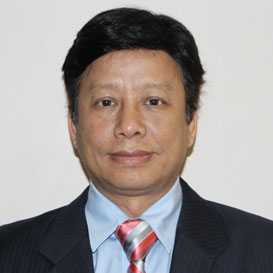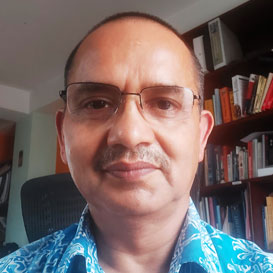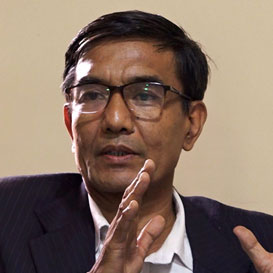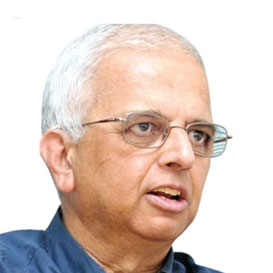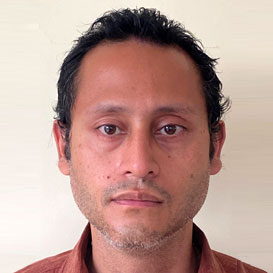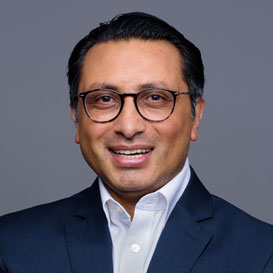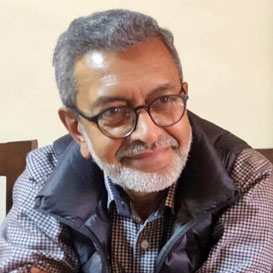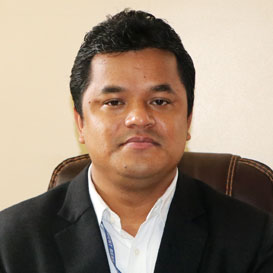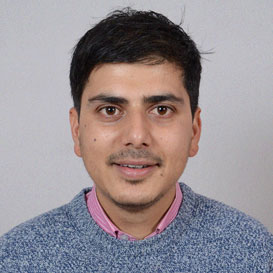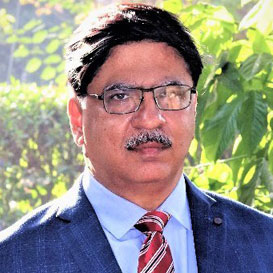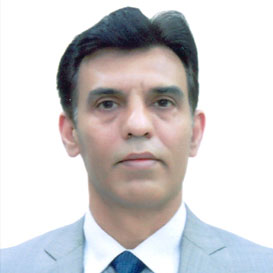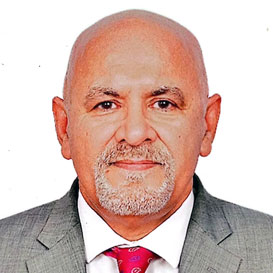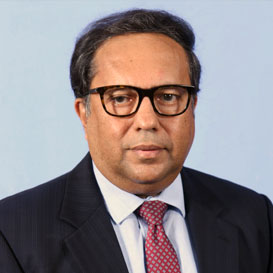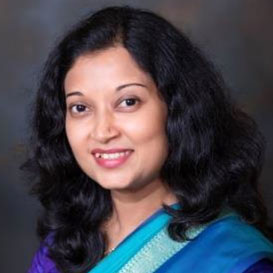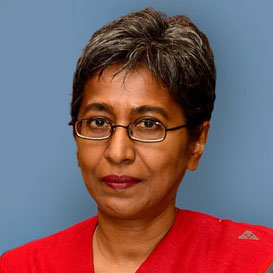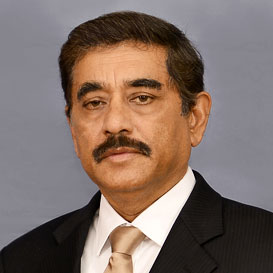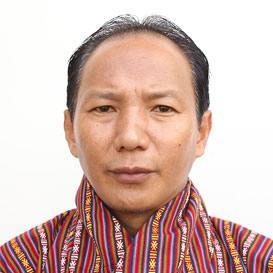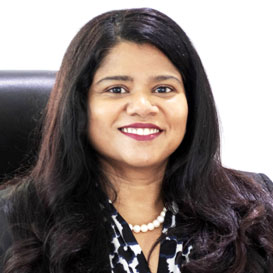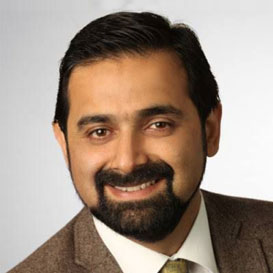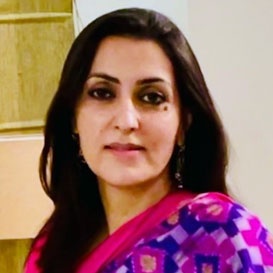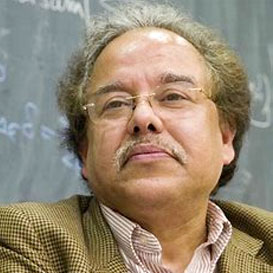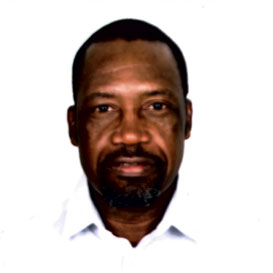A former senior policy advisor to the Minister of Finance of the Islamic Republic of Afghanistan, Alias is a senior energy expert with more than 14 years of experience in research, policy advice, project planning, and management, focusing on regional cooperation.
He is currently a senior energy consultant at GFA consulting group in Hamburg/Germany and a lecturer at the University of Siegen in Germany, where he lectures on international project planning and management in developing countries.
Until recently, he was a Regional Power Integration Expert for the EU, where he prepared a comprehensive study on cross-border electricity trade in the BBIN region. Moreover, he was a team leader at the CASA-1000 secretariat, managing, coordinating, and monitoring the first interregional power connectivity project between Central and South Asia.
In addition, Alias is also a core member and researcher at the Energy Transition Platform for South Asia, which envisages promoting a carbon-free South Asia.
As a policy advisor to the Minister of Finance of Afghanistan, he advised, among others, the Ministry on inter-regional electricity projects, such as TAPI, CASA-1000, TUTAP, and TAP. Prior to that, he was the country director of a German consulting firm, mainly working on power generation and transmission, infrastructure, and capacity-building programs funded by international donor agencies and IFIs.
He holds a degree in engineering (Diplom Ingenieur) from Bochum, Germany, and a master’s degree in Energy Management from the University of Liverpool, UK. Currently, Alias is a Ph.D. candidate at the University of Siegen
 (+88 02) 55001185, +8801713 244 349
(+88 02) 55001185, +8801713 244 349
 saes14cpd@gmail.com
saes14cpd@gmail.com

